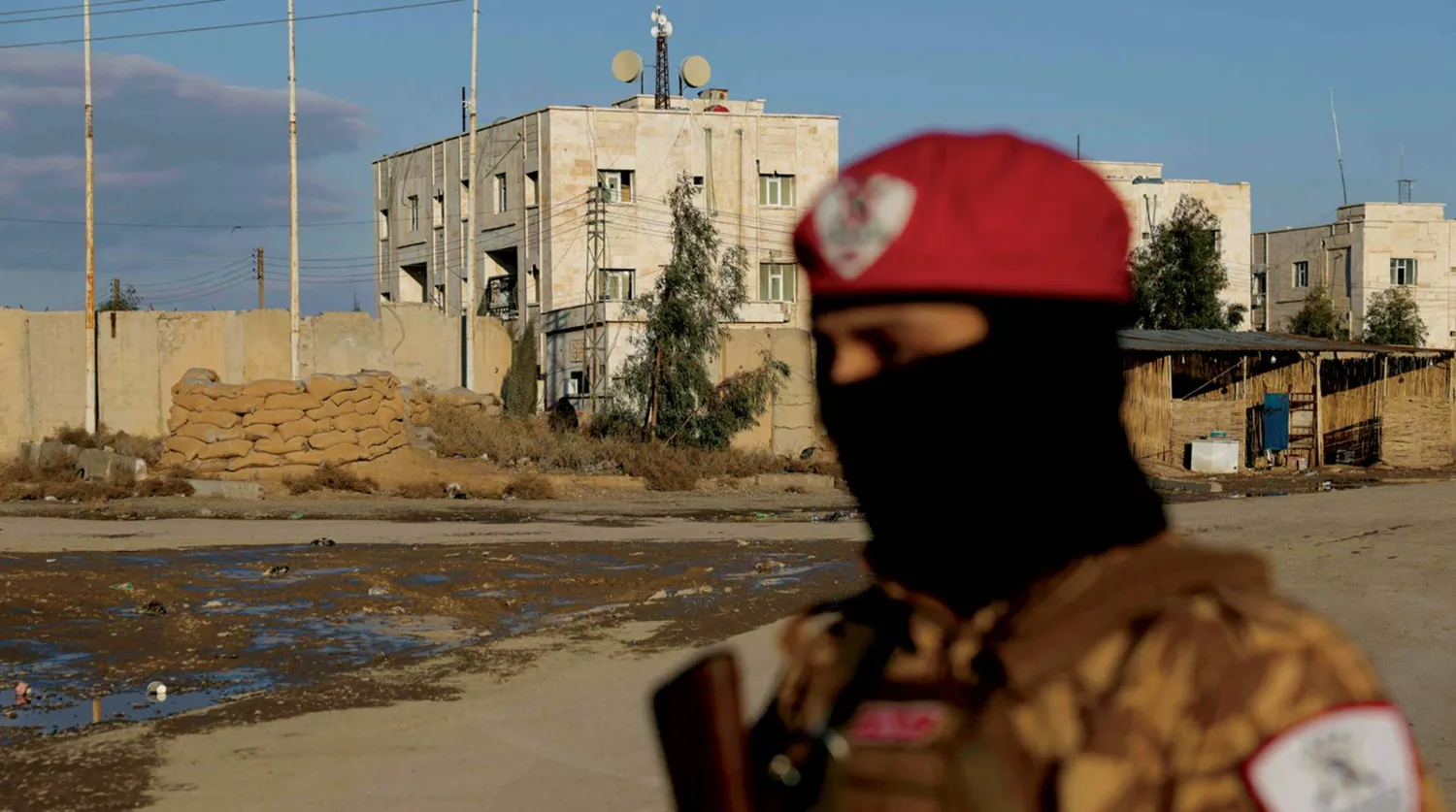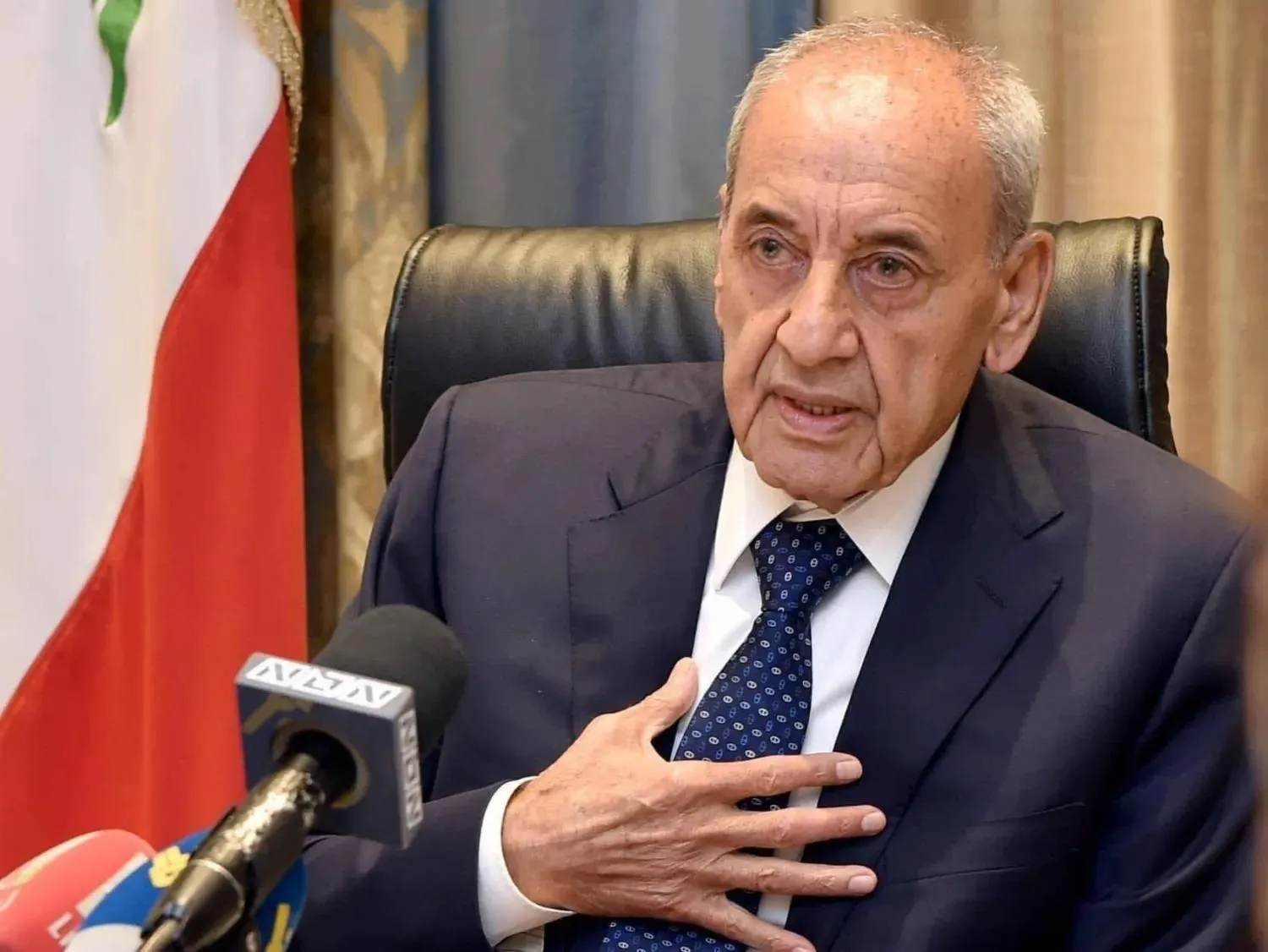An informed Russian source told Asharq Al-Awsat that a high-level Russian delegation is set to arrive in Damascus “in the near future” to initiate comprehensive talks addressing all issues on the agenda of both sides.
The delegation, headed by Mikhail Bogdanov, Russia's Deputy Foreign Minister and Special Presidential Envoy to the Middle East and North Africa, will include representatives from the Ministries of Foreign Affairs and Defense, officials from the government’s economic sector, and members of various other institutions and sectors.
Preparations were made for talks with Syria’s new leadership, including meetings with de factor ruler Ahmed Al-Sharaa, Foreign Minister Asaad Al-Shaibani and other officials.
Until now, communication between the two sides was limited to closed military and diplomatic channels.
The source said the visit’s arrangements are complete, with discussions set to focus on “building the foundations for future relations between the two countries.”
The Russian side has expressed interest in establishing a roadmap to advance relations and cooperation with Syria, the source added. During preparations for the visit, both sides agreed to launch broad discussions covering all issues of mutual interest.
Moscow and Damascus have exchanged positive messages about their future ties.
Al-Sharaa had emphasized the importance of cooperation with Russia, describing it as “the world’s second-strongest power” and highlighting Syria’s “strategic interests” with Moscow.
“We have long-term strategic relations with Russia, and we don’t want them to end in a way that disrespects their history with Syria,” Al-Sharaa said, referring to the possibility of Russian bases in Hmeimim and Tartus remaining temporarily, even as Moscow has begun withdrawing some equipment.
He added that the new administration is prioritizing “the interests of the Syrian people” and seeking to avoid conflicts with foreign nations.
He also noted that Moscow has not received any formal requests from the new authorities to review agreements governing its military presence in Hmeimim and Tartus.









